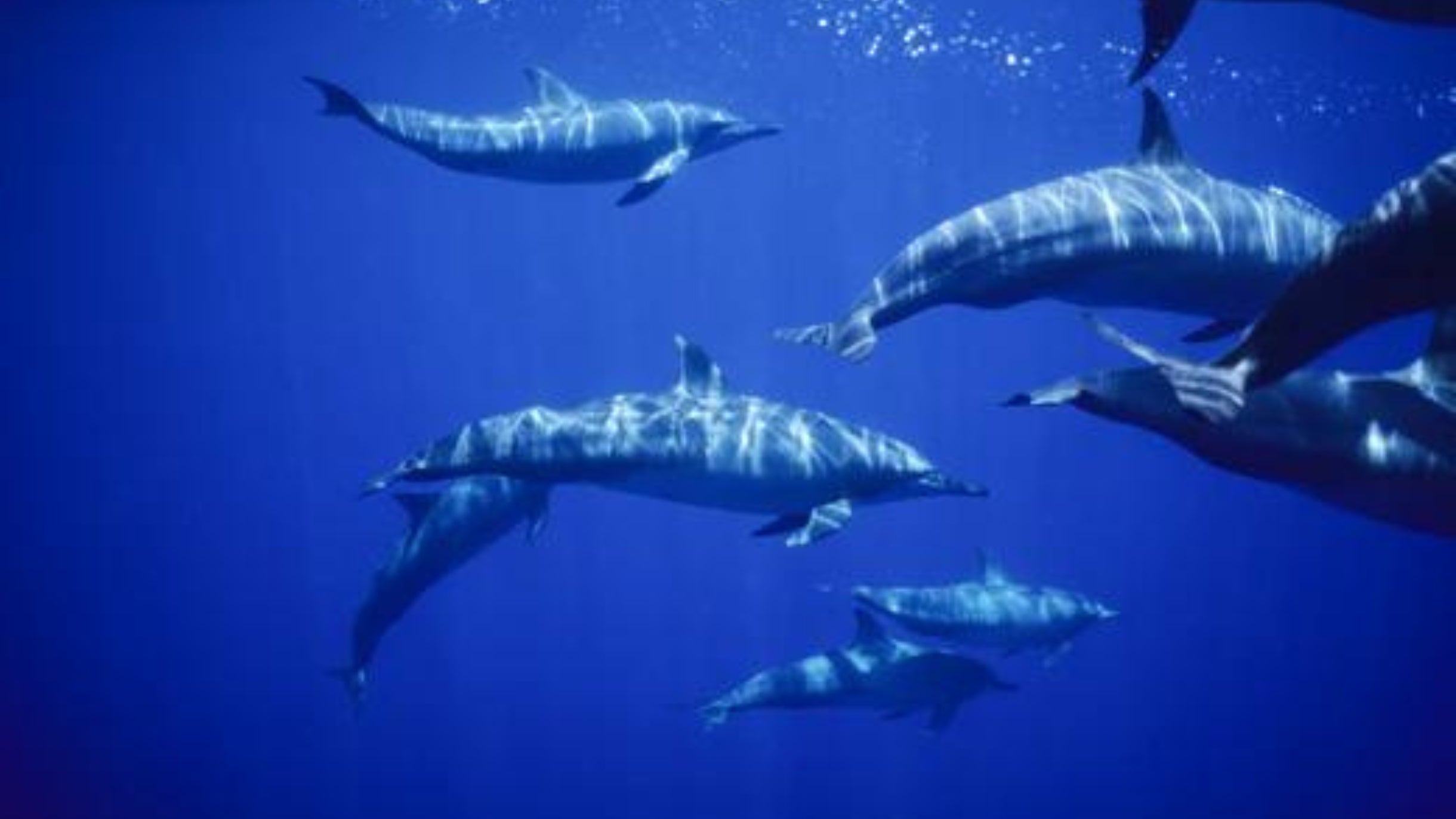The oceans: a priority role for the planet and the major risks that threaten them

The oceans, vast bodies of water that cover more than 70% of our planet's surface, play a vital role in climate regulation, oxygen production, biodiversity and the balance of our global ecosystem. Unfortunately, these precious marine ecosystems face many major challenges and risks that threaten their survival and our future. In this article, we will explore the priority role of the oceans for the planet, highlighting the key figures and arguments, while highlighting the dangers that destroy them.
Climate regulation
The oceans play an essential role in regulating the global climate. They act as a huge heat reservoir, absorbing and redistributing solar energy. Additionally, the oceans capture a significant amount of carbon dioxide (CO2) from the atmosphere, acting as a natural carbon sink. In fact, they absorb around 30% of global CO2 emissions each year. Without this absorption capacity, atmospheric CO2 levels would be much higher, thus worsening the greenhouse effect and global warming.
Key figure: The oceans produce more than 50% of the oxygen we breathe, thanks to the photosynthesis of marine plants, particularly phytoplankton.
Biodiversity and marine ecosystems
The oceans are home to incredibly rich biodiversity and complex ecosystems. From coral reefs to kelp meadows, vast kelp forests and abyssal depths, these marine ecosystems are home to millions of species, many of which remain unknown. The diversity of marine species is crucial to maintaining the balance of the global ecosystem.
Key figure: Coral reefs, which represent only 0.2% of the world's ocean surface, are home to around 25% of all known marine species.
Marine resources and food security
The oceans provide an essential source of food and resources for millions of people around the world. Fish and seafood are an important source of protein for many coastal populations, contributing to global food security. Additionally, the oceans hold valuable resources such as oil, natural gas and minerals, which are essential to our global economy.
More than 3 billion people rely on the oceans as their primary source of protein.
The major risks threatening the oceans
Unfortunately, the oceans face increasing threats that jeopardize their health and resilience.
Every year, millions of tonnes of plastic end up in the oceans, causing disastrous consequences for marine life. Studies estimate that by 2050 there could be more plastic than fish in the oceans if no action is taken.
Intensive overfishing depletes fish stocks and unbalances marine ecosystems. Nearly 90% of commercial fish stocks are maxed out or overexploited, threatening the food security of many coastal communities.
Rising water temperatures, ocean acidification and rising sea levels are direct consequences of climate change. These phenomena endanger coral reefs, marine habitats and the species that depend on them.
The oceans are essential for the survival of our planet and its inhabitants. Their priority role in climate regulation, the preservation of biodiversity and food security is indisputable. However, major risks such as plastic pollution, overfishing and climate change seriously threaten these precious marine ecosystems. There is an urgent need to take concrete steps to protect and restore our oceans, by adopting sustainable practices, reducing our plastic consumption and fighting climate change. By preserving the oceans, we protect our future and that of future generations.


